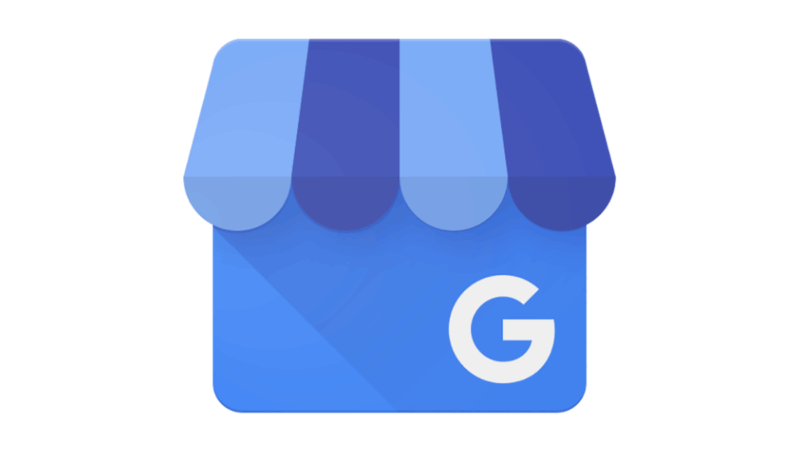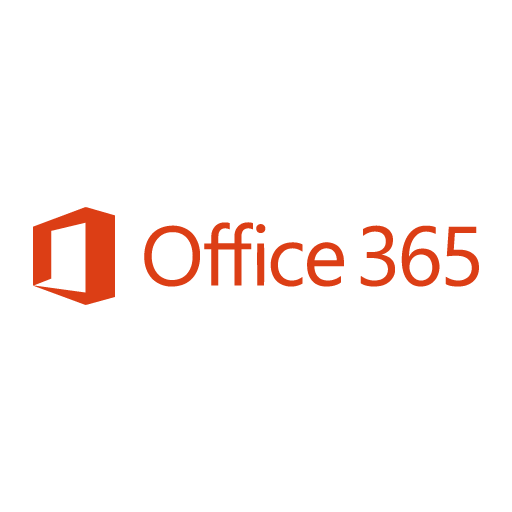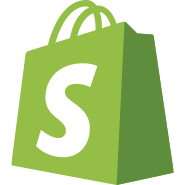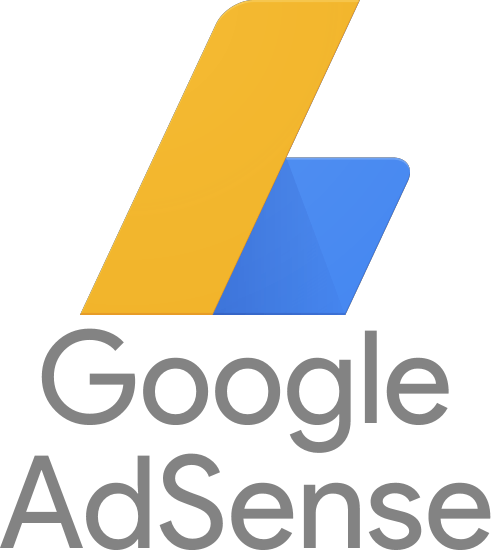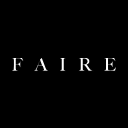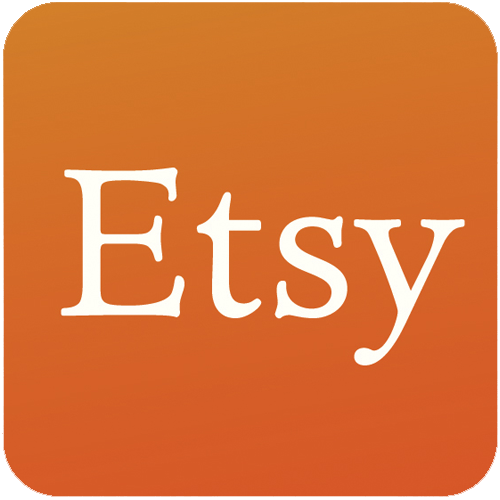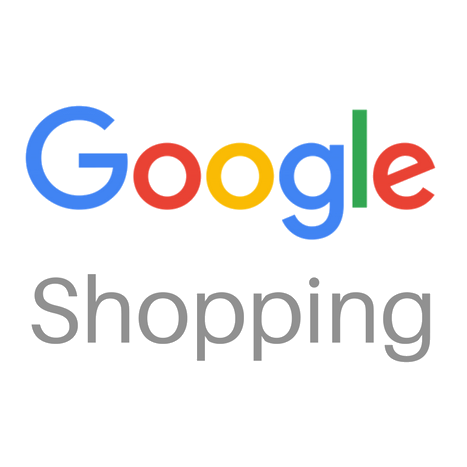Joining A Non-Tech Startup Accelerator Program To Improve Our Business
This is a follow up story for Popov Leather. If you're interested in reading how they got started, published about 7 years ago, check it out here.
Hello again! Remind us who you are and what business you started.
I’m Ryan Popoff, founder of Popov Leather. We manufacture bespoke leather goods and sell direct-to-consumer via our website and Etsy presence. When I look at our best sellers, I can undoubtedly say that our Traditional Wallets and our sturdy Belts top the list of popularity. We focus on making a quality product, with quality materials at an affordable price.
While we’re a Canadian business making everything in-house, the majority of our customers come from the USA. There is a strong passion for well-made leather goods south of the border. In 2019, we crossed $1.5M in sales and we’re projecting $2.5M this year.

Tell us about what you’ve been up to! Has the business been growing?
Since we last updated Starter Story, a lot has...





